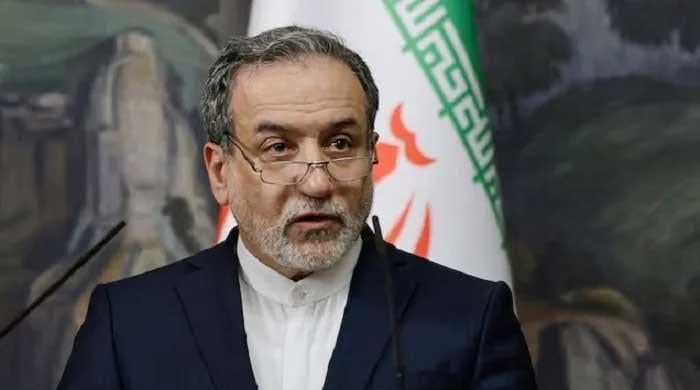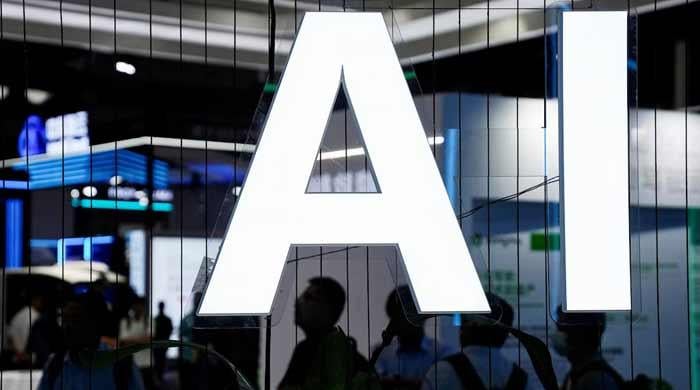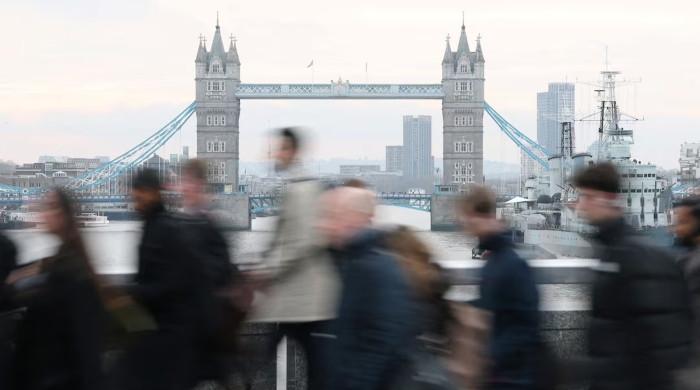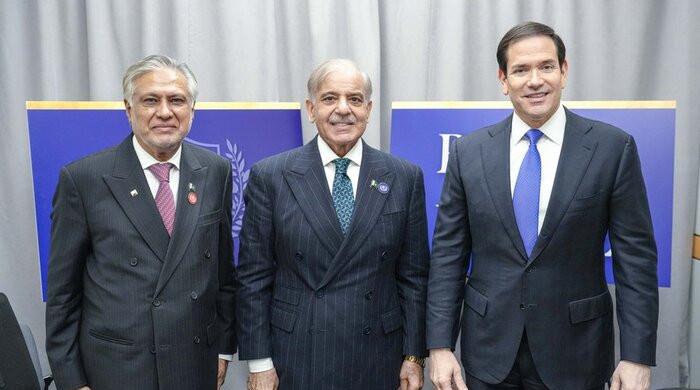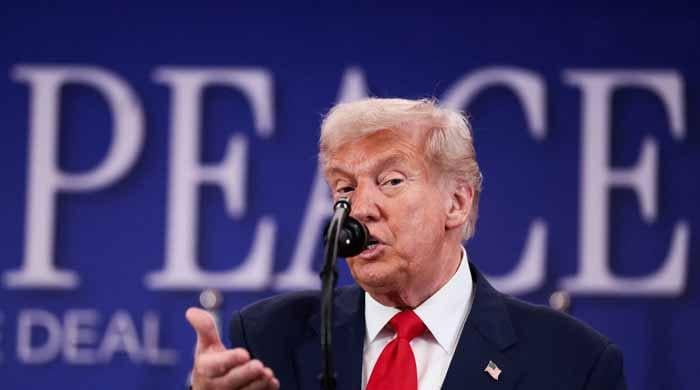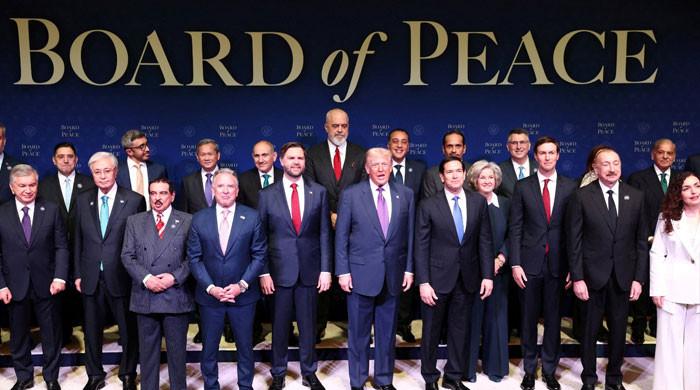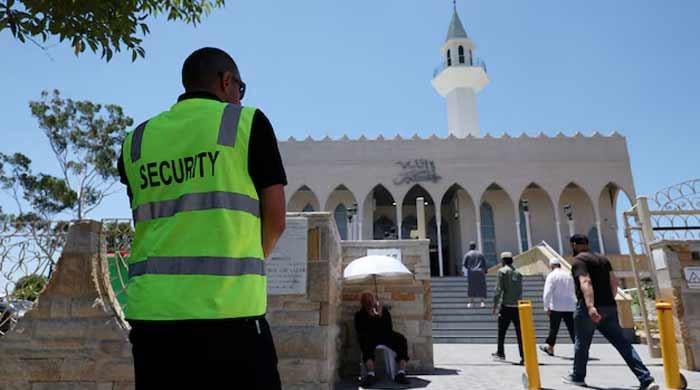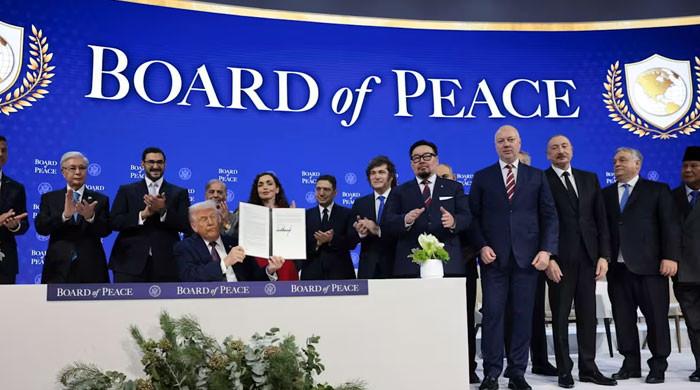Indian court bans madrasas in UP ahead of national elections
Prime Minister Narendra Modi's Bharatiya Janata Party widely expected to win election
March 24, 2024
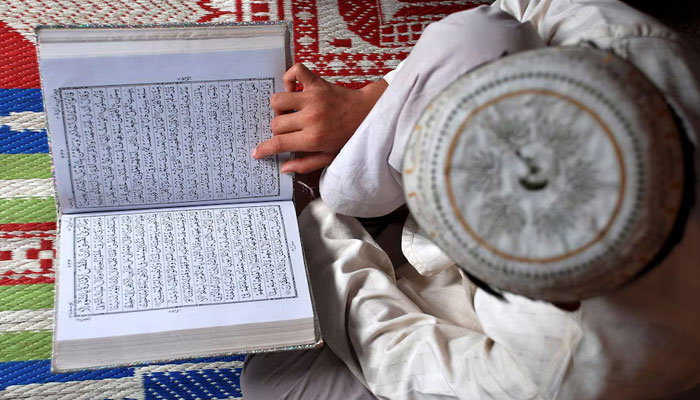
- Court cites constitutional secularism violations behind order.
- Order affects 2.7 million students, 10,000 teachers.
- India will hold national elections from April 19 to June 1.
In yet another move that could potentially drive Indian Muslims further away from Prime Minister Narendra Modi's Hindu-nationalist government, a court in India Friday banned madrasas (Islamic schools) in the country's most populous state ahead of national elections.
The law, which had governed madrasas in Uttar Pradesh (UP) since 2004, was thrown out after the ruling which cited constitutional secularism violations and ordered that students be moved to conventional schools, Reuters reported.
According to Iftikhar Ahmed Javed, head of the board of madrasa education in UP, the Allahabad High Court order affects 2.7 million students and 10,000 teachers in 25,000 madrasas, where one-fifth of the 240 million people are Muslims.
"The state government shall also ensure that children between the ages of 6 to 14 years are not left without admission in duly recognised institutions," Judges Subhash Vidyarthi and Vivek Chaudhary wrote in their order, which was made on the basis of an appeal by lawyer Anshuman Singh Rathore.
This controversial move comes ahead of India's general election which are set to be held between April and June and Modi's Bharatiya Janata Party (BJP) is widely expected to win.
Muslims and rights groups have accused some BJP members and affiliates of promoting anti-Islamic hate speech and vigilantism, and demolishing Muslim-owned properties.
The BJP claims the government is rectifying historical wrongs, including by recently constructing a Hindu temple on the site of a 16th-century mosque razed in 1992, which many Hindus believe was built over a temple demolished under the Mughal ruler Babur.
Uttar Pradesh BJP spokesperson Rakesh Tripathi claims that the court was not against madrasas and was concerned about the education of Muslim students.
"We are not against any madrasa but we are against discriminatory practices. We are against illegal funding, and the government will decide on further actions after going through the court's order."
Meanwhile, Modi's office has not commented on the court ruling.




